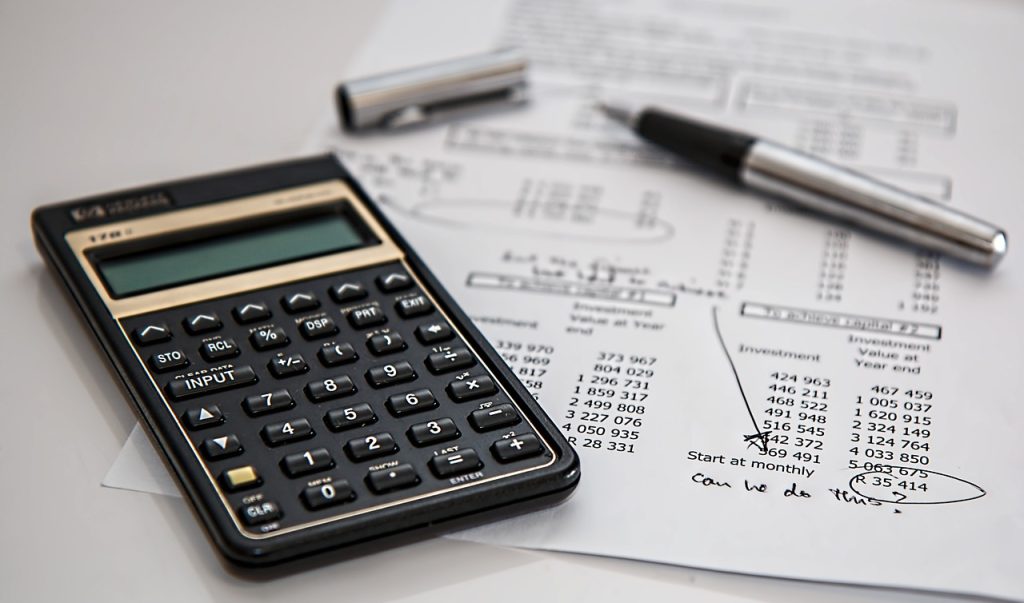We are all witnessing difficult times. Fighting a faceless enemy in the form of a pandemic, working from home, practising social distancing, braving equity market volatility, facing bad debts and mismanagement across many finance companies and ultimately suffering job contraction, pay cuts and muted incentives. Amidst all this, the good news is that ‘this too shall pass’.
Over the years, I have struggled with my finances. Be it earning, spending, saving or investing. Most of which was being stuck in a comfort zone. Sigh! Comfort zones are a beautiful place but nothing ever grows there. Trust me, it’s evident in the past five years of my life. Your comfort zone is your region of familiarity. Your preferred way of doing things, or responding to situations. You’re so familiar with this region that it has become sub-conscious in the way you live your life. Fulfillment of your financial goals and financial security can only happen outside your comfort zone.
Coming out of these unusual times financially fitter and stronger would require discipline, perseverance, conservancy tricks and fortitude. Millennials could find the following tips handy:

Budgets are freeing, not constricting
Keeping a budget allows you to say yes to your goals in a strategic way. If you have a budget, you can save for the vacation, house or car you want to get. You can look at it as ‘No Chicken Inn’, and see it as ‘Yes to a trip to Masai Mara.’ A budget is not a NO plan, but a YES plan with actual steps towards achieving your goals.
Take a day to think about large purchases to avoid impulse
Delaying your purchases for a day gives you time to think about whether or not you really need the items, and it curbs regrettable impulse buys. Question how badly you need the item compared to saving or investing the money you would use to purchase it. When times are tough, and you’re cutting expenses, would you rather have a rarely worn pair of shoe than save the money for needful expenses? Instant gratification is a thrill that needs lots of self-discipline to overcome.
Budget with the 50/20/30 rule
- Use 50 percent of your income for non-discretionary necessities like food, rent/house payment, utilities, and transportation.
- Put aside 20 percent of your income for an emergency fund (two to six months’ salary is a good target), retirement, savings, and to pay off any debts.
- Use 30 percent of your income for discretionary (non-essential) spending such as entertainment, vacation, and gifts.
Penny-pinching is not the road to wealth
Spending less doesn’t mean you’ll have more. Saving is a good way to stabilize your finances, but you still need to invest. Investing is the bridge to financial success. Pretend there are two islands. To get from one ‘Financial stability’ island to another ‘Wealth’, you need to get in your savings car and drive it over your investment bridge. Investing less conservatively is key. High yield savings account, stock market, real estate, ICT, Saccos and the tourism industry are areas you can afford to take calculated with the goal of earning high returns.
Financial advisors aren’t only for wealthy people
Many people have invested in stocks, bonds, shares and property. But just because you can easily make trades yourself doesn’t mean you should. Why not do what you do best to earn money and let a trained professional invest it for you?
You need to purposefully seek out knowledge to know exactly where your money goes. If you break a leg, you know that you need to go to a doctor. With personal finance, people got the notion that they could just fix it themselves. When it comes to investing and remaining accountable, don’t be afraid to seek professional help.
Build an Emergency Fund
One of personal finance’s oft-repeated mantras is ‘pay yourself first.’ No matter how much you owe in student loans or car loan, and no matter how low your salary may seem, it’s wise to find some amount — any amount of money in your budget to save in an emergency fund every month.
Having money in savings to use for emergencies can really keep you out of trouble financially and help you sleep better at night. Also, if you get into the habit of saving money and treating it as a non-negotiable monthly ‘expense.’ Pretty soon you’ll have more than just emergency money saved up, you’ll have retirement money, vacation money, and even money for a down payment on a home.
Don’t just sock away this money under your mattress; put it in a high-interest savings account, real estate or a money market account. Otherwise, inflation will erode the value of your savings.
Guard your health
If meeting monthly health insurance premiums seems impossible, what will you do if you have to go to the emergency room, where a single visit for a minor injury like a broken bone can cost thousands of shillings? If you’re uninsured, don’t wait another day to apply for health insurance. It’s easier than you think to wind up in a car accident or trip down the stairs.
You can save money by getting quotes from different insurance providers to find the lowest rates. Also, by taking daily steps now to keep yourself healthy, like eating fruits and vegetables, maintaining a healthy weight, exercising, not consuming alcohol in excess, and even driving defensively, you’ll thank yourself down the road when you aren’t paying exorbitant medical bills.
Sometimes what holds us back from manifesting financial success is the self-limiting belief that we are unworthy of a financially free life. Self-love believes you are worthy and deserving of a life of abundance; irrespective of your past mistakes with money, irrespective of what others think of you and irrespective of all the negative things you think of yourself.



